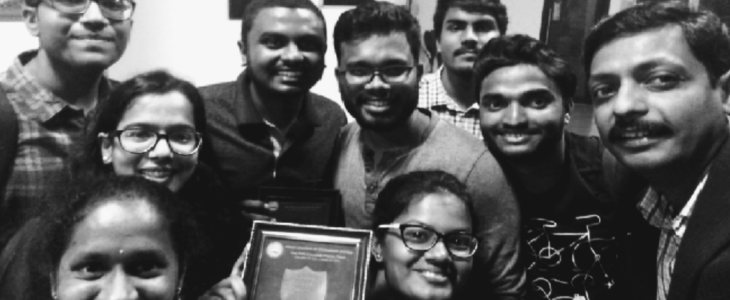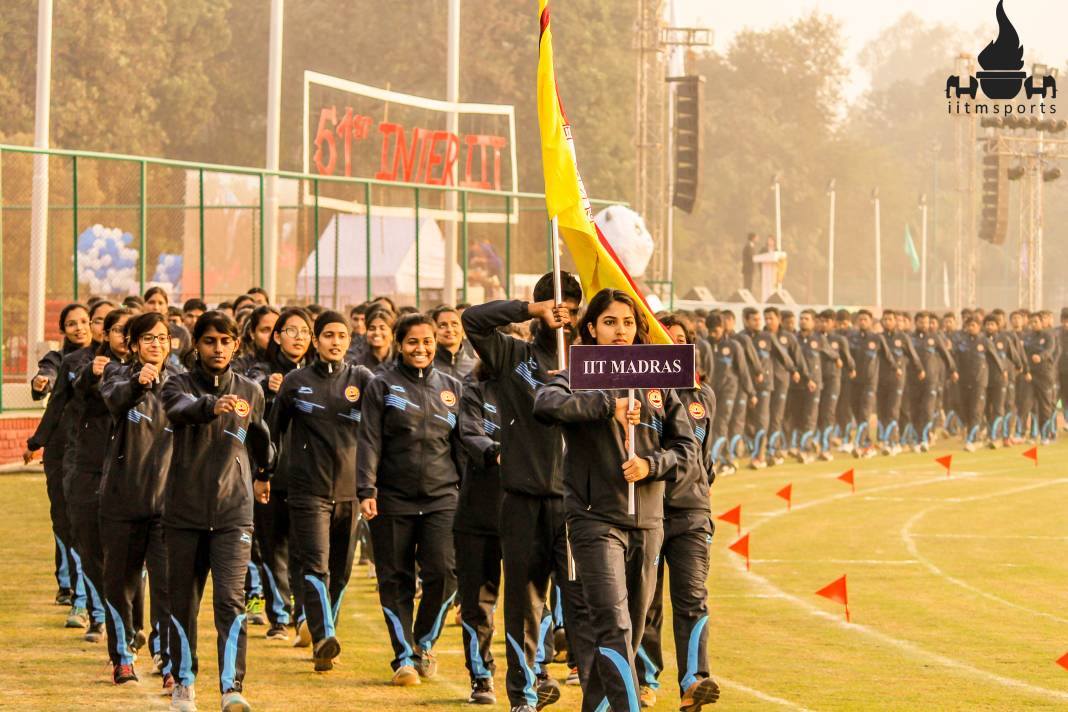Edited by: Sharayu Shejale
“The future of India lies in its villages,” said Mahatma Gandhi and yet, India faces a great urban-rural divide in terms of technology as well as economic development. Have you ever wanted to change the lives of rural people? To help them with your technological and innovative skills, but don’t know where to start or how to begin? IIT Madras provides you with a chance to work at the grassroots level and understand the socio-economic problems faced by the rural community with the New India internship. The internship allows one to be in direct contact with the rural community, to observe and understand their way of life and the social issues plaguing them. The best part? You can play a part in making their life better.
What Is It
The New India internship pilot programme took place last year. It offers students from our institute the opportunity to go to different constituencies to study the rural structure. They find out what holds these areas back when it comes to technology innovation, and more importantly, how to reduce this gap. The committee is headed by Prof. Bhaskar Ramamurthi – Director of IIT Madras, Hon. Shri Arjun Ram Meghwal- Minister of State for Finance, Prof. M.S Sivakumar- Dean Students, and Dr P Sudarsan – Advisor to the Student Legislative Council. The internship committee members also include IAS officers, project supervisors and faculty advisors.
How It Works
The internship’s major intention is to understand the developmental issues faced by rural areas and propose solutions. Villages are identified and the committee gets in touch with the district collectors and MPs of the selected constituencies. An understanding is reached between the committee and MPs. In some cases, the MPs themselves have already prepared reports on areas which they thought needed attention and development. Health, hygiene, agriculture, solid waste management, digital governance and education are some areas where students are encouraged to find solutions for a sustainable and scientific mode of development. These solutions if found feasible, will be sent to the District collector and sub-collector for consultations along with suggestions made by the internship committee. These proposals will be executed later. The whole programme is conducted with the cooperation of other IITs as well. The committee plans to expand this initiative to other national institutions across the country. Students of the 2018 winter internship worked in the constituencies of Baramati in Pune, Bikaner in Rajasthan, Chidambaram, Kallurchi and Tiruppur in Tamil Nadu, Kolhapur, and Nadurbar.
The Experience
It was a total out of the book experience says the interns who took part in this programme last year. Chaithra, a fourth-year student from DoHSS, interned in the Tiruppur constituency where she worked in a municipality called Gobichettupalayam in Erode. She, along with her teammates, visited the tribal hills nearby. They also visited the schools, health centres and community-based groups. There existed self-help groups and other small financial institutions that help with income providing schemes. She says, “Finding problems and addressing them is not easy as it sounds, at times it can be difficult to convince the farmers and villagers living in there to make changes in their lifestyle even it is for the greater good. Especially since we had to deal with Lingayat communities there who are reluctant to receive new things”.
The interns found that the schools they visited face lots of issues as well. Although they are fairly decent for a public-funded school, they lack permanent teachers. Teachers often do not have an incentive to work in remote hilly schools that are far away from their own home. The internship team also found out that the number of students who enrol in high schools is very low and there are no educational institutions here after 12th standard. People here rarely travel and go for higher studies. This limits their employment options to agriculture. School students also face language barriers as textbooks are in Tamil and the students speak Kannada. This makes communication between the teacher and the students even more difficult.
“But not everything is despairing in the village community”, one of the interns this year notes, “Almost all the towns and villages in the Chidambaram constituency have a very efficient system of waste management and collection. They are segregated and turned into manure, setting an example for proper recycling and reuse. Main issues common in all the constituencies are the electricity fluctuations, malnutrition, lack of infrastructural development in the remote areas and certain sociological issues like superstition and caste-related problems. There is a pressing need to make the people residing in these areas to be more aware of the benefits of education and literacy. The current teaching system needs a radical change where the students are active participants and they are inculcated to learn more and finally they are able to find an interesting sphere to study further.”
What’s Next
In conclusion, the internship provides its participants with a plethora of enriching experiences. If you are into social service, skill development and interested in technology and innovation for the general public – this is the internship for you. You will get a chance to work with the representatives of the people, as well as the district collector. The one major issue faced by the internship committee after the pilot internship was the elections and subsequent change of the MPs. A follow up during the summer was planned but the election was a major obstacle. “This programme has ambitious plans for the future as we wanted to expand this to all the 543 constituencies of the country,” says Dr Sudarsan Padmanabhan, one of the professors who led this initiative.
Image credits: DoSt website
Visit the New India Internship page on the DoSt website for more.




